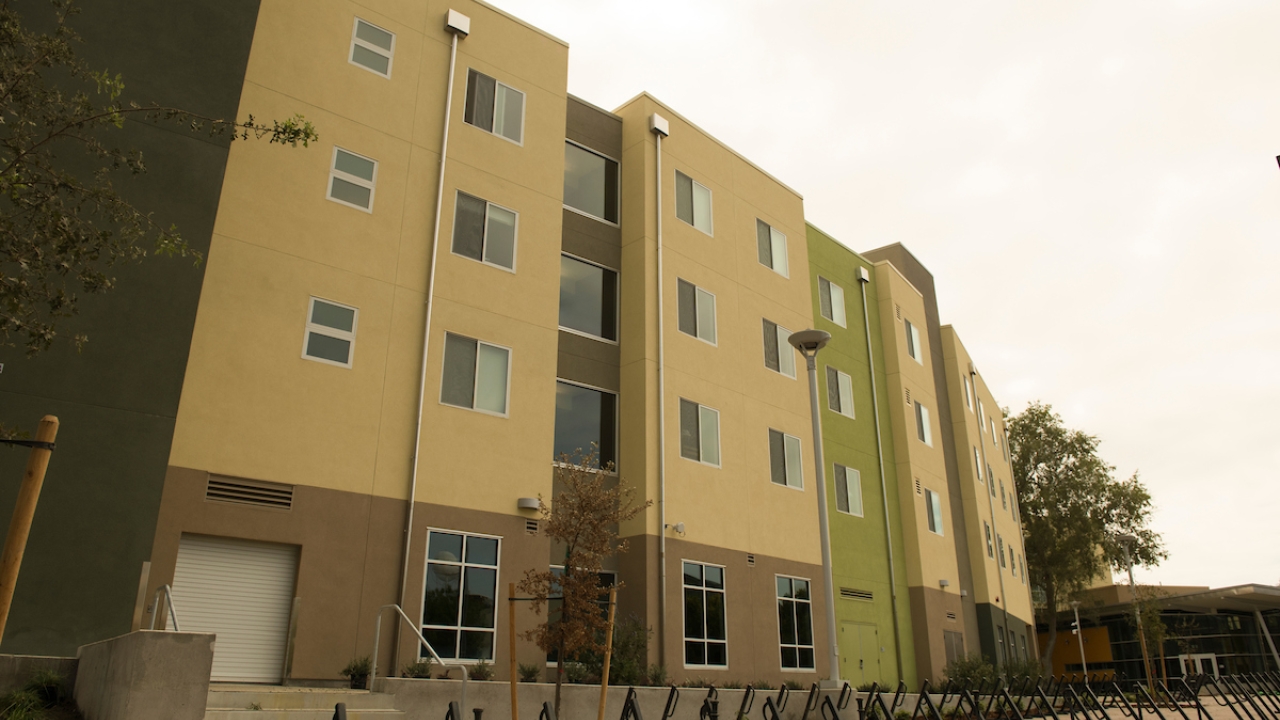
Parent to Parent
By Mari Corbin
If your college students are anything like mine, their first time hunting for off campus housing feels daunting. They aren’t even sure where to begin nor what to do. As a parent, the best thing we can do is give them guidance and be available for support, but let them do the heavy lifting. They will learn a great many life skills and lessons from the experience. Here are some key considerations for successful off campus house hunting.
Timing: a hundred years ago, when I was a UC Davis student, we could start looking in early spring for housing for that fall. Today, many students begin in November (~9 months in advance). The earlier they begin, the more housing options they will have since supply is so tight in Davis and units become available at different times. Believe it or not, many renters are locking down their housing almost a year in advance these days.
Budget: what is the total amount your students can spend on housing? Many factors impact the rent amount, so it’s a good idea for students to spend time creating their wish list. It should include how close to campus they want to be, must have vs nice to have amenities, what type of housing they prefer (apartment, house, townhouse, etc), number of roommates desired, do they want their own room, do they want a furnished unit? These are some of the numerous factors that affect rent amounts. Students should also pay close attention to what is and isn’t included in the rent. If it’s unclear, they should ask. This is a critical considerations because the excluded items can dramatically increase the monthly cost of living off campus.
Move in requirements: another very important consideration is move in requirements. Will a co-signor be required? How will the lease work (individual lease per occupant vs. one joint lease)? How much will your student have to pay to move in? What forms of payment are accepted? Many properties require a certain income to rent ratio to qualify and a deposit plus first and last month’s rent to move in. Students should do their homework to ensure they know what to expect and have the time to line up co-signors and to come up with the money required to move in.
Management: if your students are considering commercial properties, it’s important they research the property management. The internet is a great source of information. They should look for information to gauge how student friendly the properties are and if they are responsive to maintenance requests. It’s also a good idea to visit the property to see if the exterior and office are well maintained. Students should arrive at each property prepared with a list of questions that will help them assess the management team’s philosophy and how they view the management/tenant relationship.
Organization and planning: house hunting is a great way for students to put their organization and planning skills to work. If students plan to visit multiple properties (which is strongly recommended), it’s a good idea to create a spreadsheet to document important details about each property. After looking at multiple properties between tests, projects, and jobs, it becomes hard to remember which properties had what amenities and which required what for move in. A spreadsheet or some type of system to document the details and compare the properties they visited can be very helpful in choosing where students would like to live.
There are many other important factors students will want to consider as they search for off campus housing. The internet is a wealth of good information. Below are a couple of online resources that provide additional tips that will help your student locate and secure their new home away from home:
